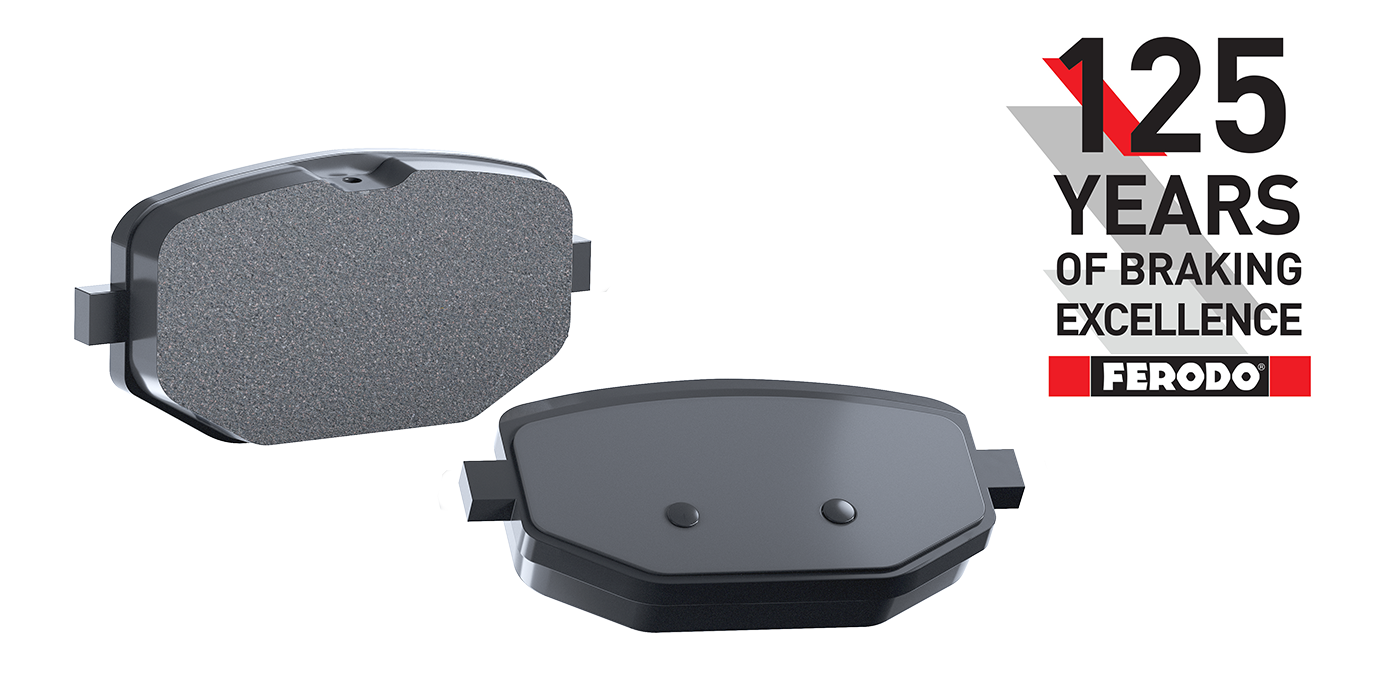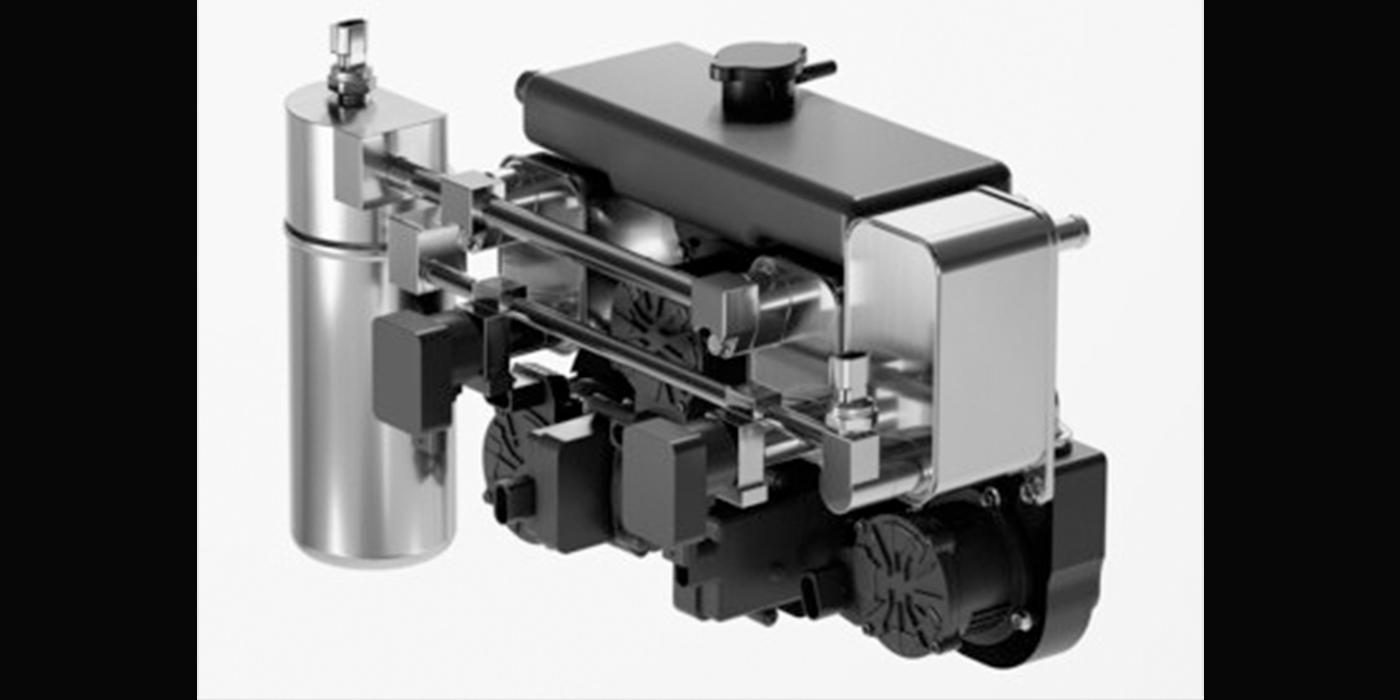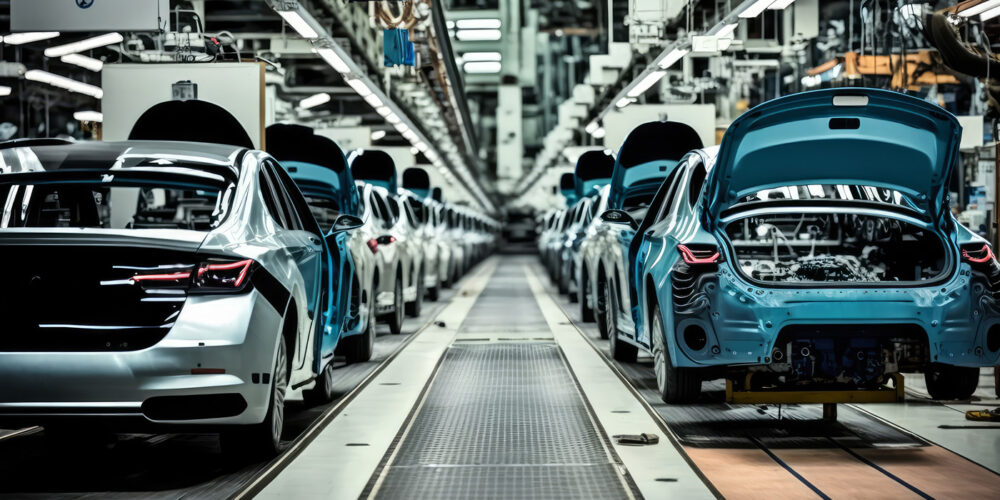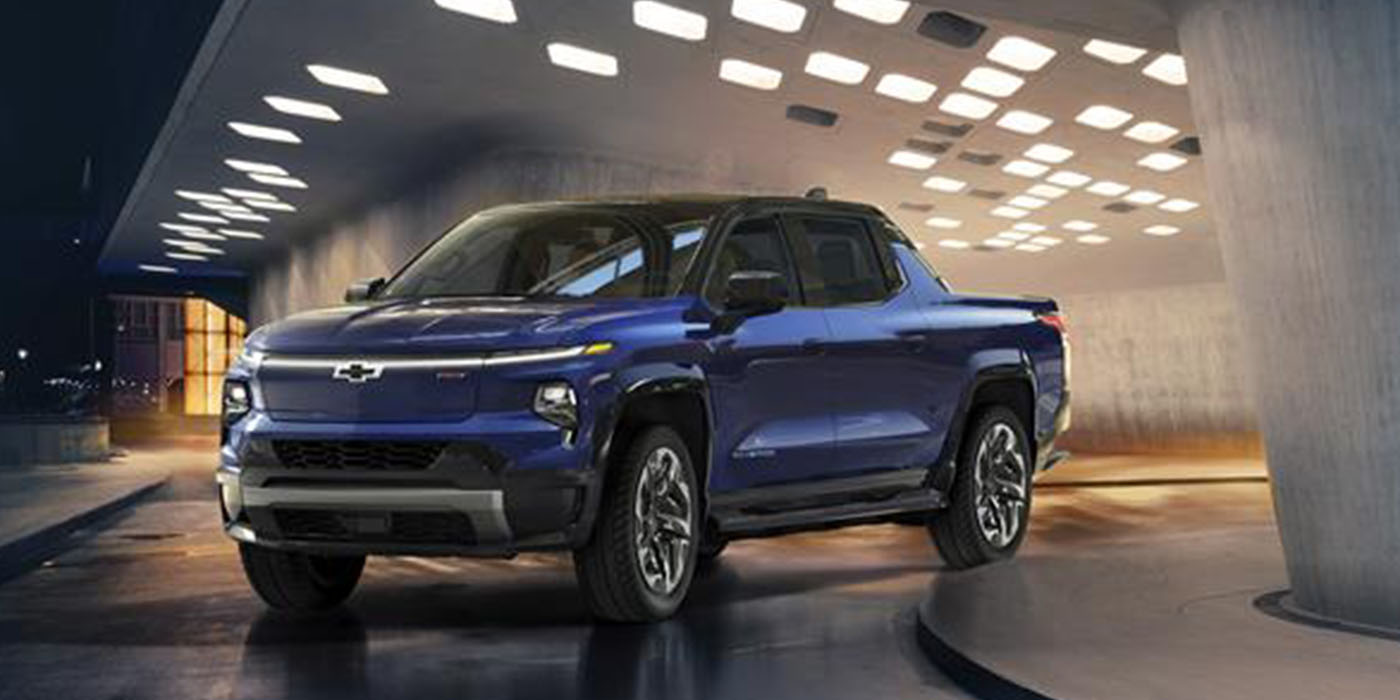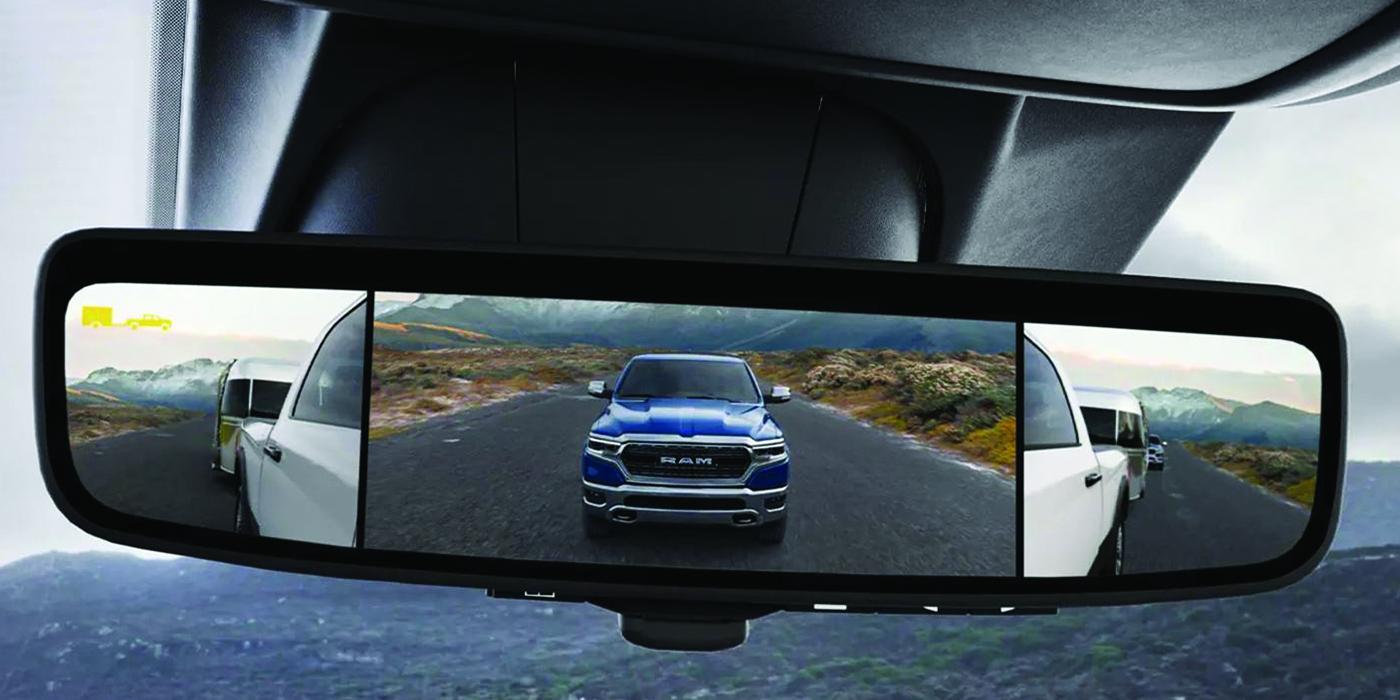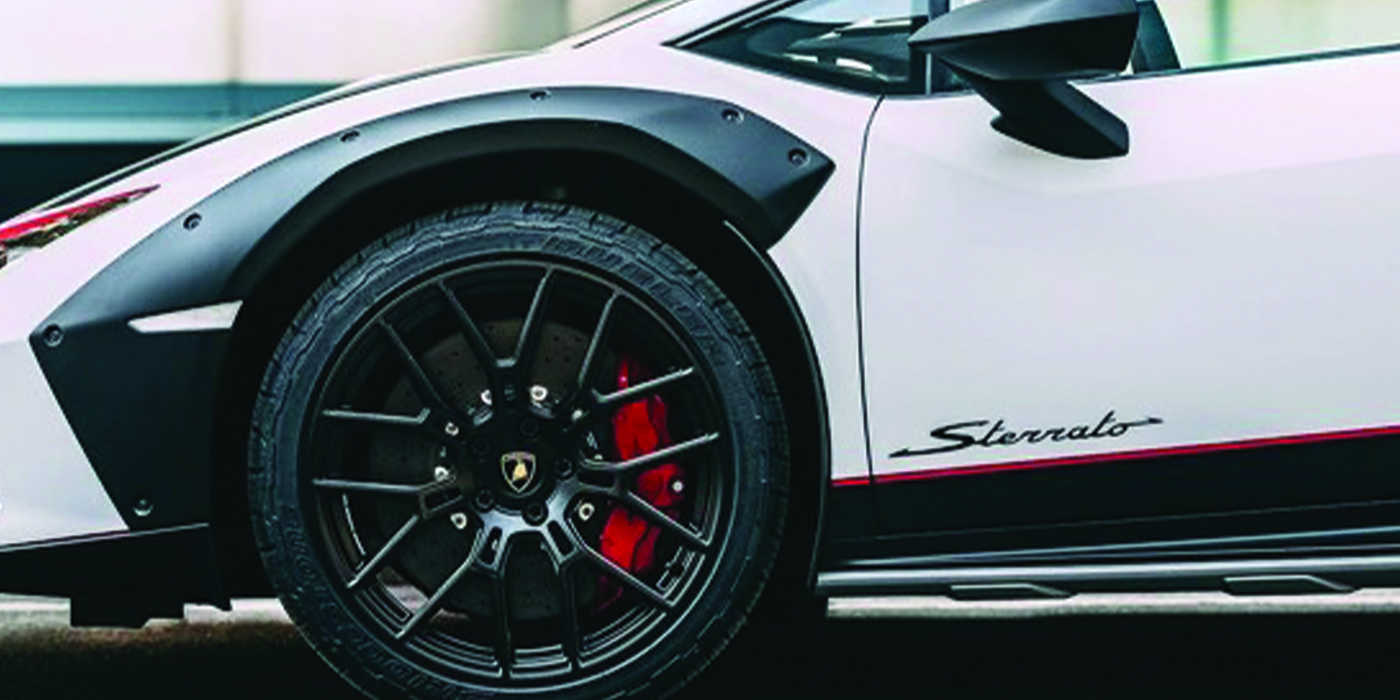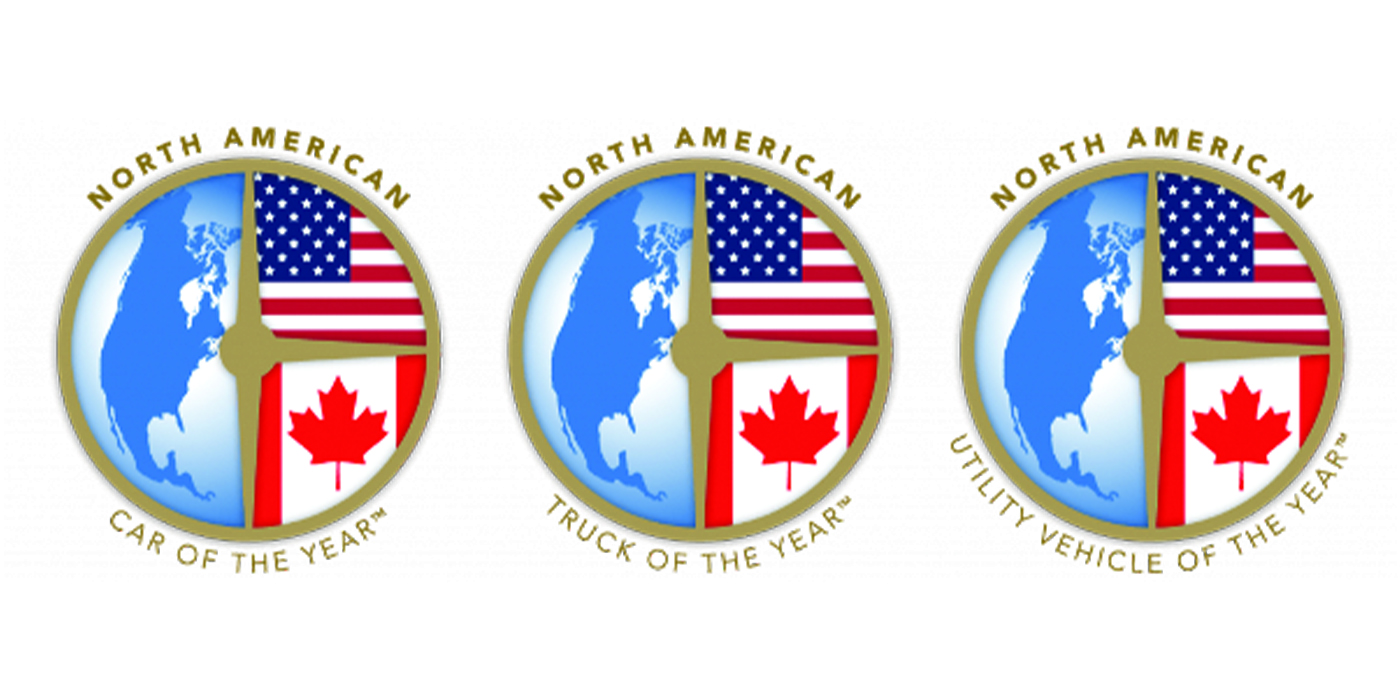From International Herald Tribune
Porsche’s decision to raise its stake in Volkswagen, along with DaimlerChrysler’s recent decision to seek bidders for Chrysler, reflect European automakers’ desire to control their own fates, rather than see them decided by less friendly acquirers.
The two remaining U.S. automotive giants, General Motors and Ford Motor, would be wise to pay attention, analysts say, because the fates of their European rivals would have implications for the Americans’ operations at home and abroad.
Executives at both Porsche and DaimlerChrysler have said that their actions were motivated, in part, by the fear of hostile takeovers prompted by their mediocre market values, especially in comparison with Toyota , the world’s most valuable carmaker, which has a market capitalization of about $239 billion.
Acquisitions by outsiders could put the German automobile industry in the same position as Britain ‘s, where every notable name has been sold to foreign owners.
That was a legitimate concern, said John Casesa, a veteran industry analyst and managing partner of Casesa Shapiro Group in New York .
"This industry is ripe for further consolidation because the most profitable markets have matured; they’re not growing anymore," he said. "These are classic conditions for consolidation."
On Saturday, Porsche said that it would exercise an option to raise its stake in Volkswagen to 30.9 percent from 27.3 percent. Under German law, Porsche is required to make a bid for all of VW once its stake rises above 30 percent.
Its offer of 100.92, or $134.40, a share is the minimum amount Porsche can legally offer other shareholders and is well below Volkswagen’s most recent closing price of 117.93.
Porsche confirmed on Monday that it had purchased an additional 3.6 percent stake at 109.20 a share, bringing it above the 30 percent threshold and activating its general offer.
A Porsche spokesman said that the company would not be seeking to acquire a majority stake in Volkswagen any time soon, and he expressed doubt that many shareholders would tender their shares at that bargain rate.
But the action confirmed Porsche’s desire to strengthen its stake in VW, whose chairman, Ferdinand Piech, is a member of the Porsche family, which still controls the sports-car company. Furthermore, it may reflect Porsche’s expectation that a European court will strike down a German law that protects Volkswagen from hostile takeover bids.
By staking its claim now, even before the court rules on what is known as the VW Law, Porsche can fend off outside bids for Volkswagen, whose stock price had performed weakly until rising over the past few months on speculation that Porsche might act.
"Porsche’s motivation is to stay in control so Germany does not lose" Volkswagen, said Adam Jonas, who follows the European industry for Morgan Stanley in London .
Porsche may be trying to protect VW from more painful restructuring, like those that the largest European carmaker, has already been undergoing over the past five years, in which 20,000 jobs have been shed, and which an outside owner might insist upon. Porsche relies on Volkswagen for the production of part of its sport utility vehicle.
Jonas said that Porsche executives were saying, "Look, trust us. We’re not trying to flip this thing for value. This is a 100-year investment. Leave it with us, and we’ll watch out for it."
But if they ultimately link up, Porsche and Volkswagen might need to do some paring nonetheless, said David Davis Jr., founder of Winding Road , a web magazine about cars.
"To make themselves even stronger," Davis said, "they’re going to have to get rid of some of these boutique car companies they own, like Lamborghini and Bugatti."
The turmoil in Europe may put more pressure on GM and Ford, each deep into restructuring plans after collective losses of nearly $15 billion last year.
Should Chrysler be sold to a private equity firm, and if Mercedes emerges stronger without its former sibling, and if Porsche can use its brand magic to help bolster Volkswagen sales, then the two American companies would find their task even tougher, said Jonas of Morgan Stanley.
(C) 2007 International Herald Tribune. via ProQuest Information and Learning Company; All Rights Reserved



